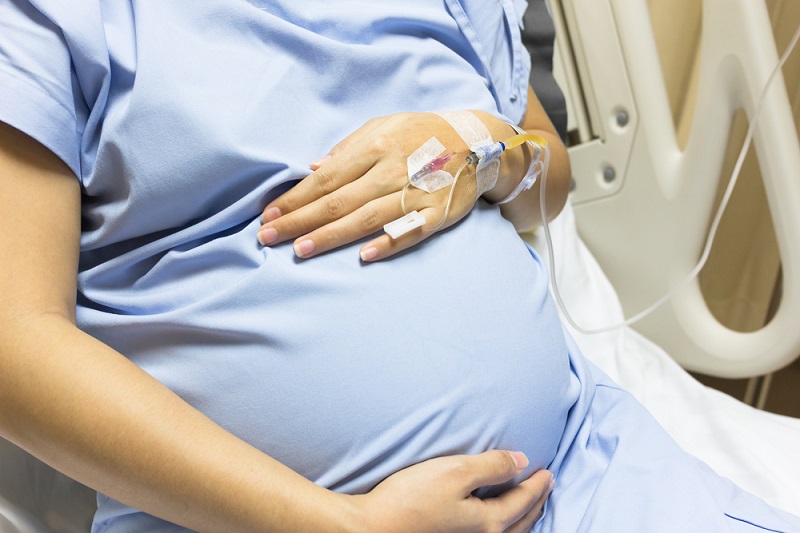Syphilis Cases Surge Among US Newborns, Reaching 20-Year High

A resurgence of syphilis in the United States has led to a dramatic spike in cases of the disease among newborns, according to a new report.
The report found that in recent years, cases of syphilis among newborns — a condition known as congenital syphilis — more than doubled in the U.S., from 362 cases in 2013 to 918 cases in 2017. The latter is the highest number of congenital syphilis cases reported in the U.S. in 20 years, according to the report, from the Centers for Disease Control and Prevention (CDC).
The rise parallels recent increases in syphilis rates among U.S. adults. For nearly two decades, rates of the disease have increased among men, and rates are now rising among women as well. From 2016 to 2017, cases of syphilis increased 21 percent among U.S. women, the report said.
In 2017, congenital syphilis cases were reported in 37 states, but five states accounted for 70 percent of those cases, the CDC said. The five states were California, Arizona, Texas, Louisiana and Florida.
Congenital syphilis can lead to a number of complications, including miscarriage or premature birth, as well as blindness, deafness or even death in newborns, according to the CDC.
The report highlighted the need for all pregnant women to receive early prenatal care, including a syphilis test at their first pregnancy-related doctor's visit. [Quiz: Test Your STD Smarts]
"Early testing and prompt treatment to cure any infections are critical first steps, but too many women are falling through the cracks of the system," Dr. Gail Bolan, director of the CDC's Division of STD Prevention, said in a statement. "If we're going to reverse the resurgence of congenital syphilis, that has to change."
Sign up for the Live Science daily newsletter now
Get the world’s most fascinating discoveries delivered straight to your inbox.
Syphilis, which is caused by the bacterium Treponema pallidum, is a sexually transmitted disease, but it can also pass from mother to baby during pregnancy or delivery. If left untreated, a pregnant woman with syphilis has up to an 80 percent chance of passing the disease to her baby, the CDC said. But the good news is that the infection is easily cured during pregnancy with the right antibiotics.
However, for some women, one test for syphilis during pregnancy may not be enough; the CDC report found that some pregnant women who initially tested negative for syphilis later acquired the infection after their first test. For this reason, women who are at high risk for syphilis or who live in areas with higher rates of the disease should be tested at the first prenatal visit as well as during the third trimester and at delivery, the CDC said. Anyone, including pregnant women, can lower their risk of syphilis by using condoms properly every time they have sex and by making sure that their partner has also been tested for syphilis, the CDC said.
Originally published on Live Science.

Rachael is a Live Science contributor, and was a former channel editor and senior writer for Live Science between 2010 and 2022. She has a master's degree in journalism from New York University's Science, Health and Environmental Reporting Program. She also holds a B.S. in molecular biology and an M.S. in biology from the University of California, San Diego. Her work has appeared in Scienceline, The Washington Post and Scientific American.
Man gets sperm-making stem cell transplant in first-of-its-kind procedure
'Love hormone' oxytocin can pause pregnancy, animal study finds









